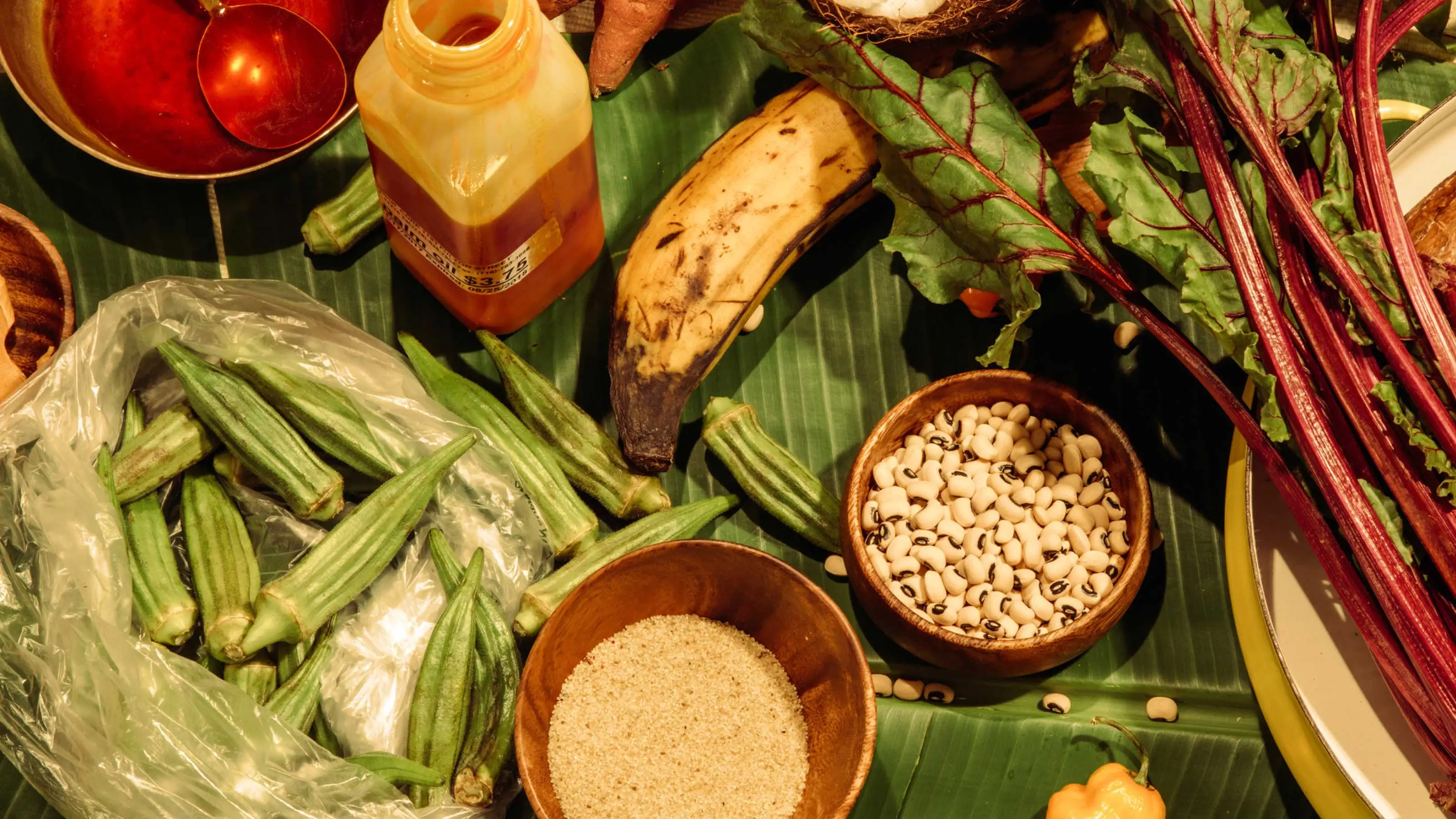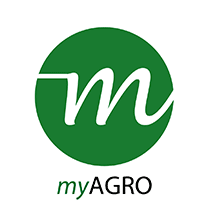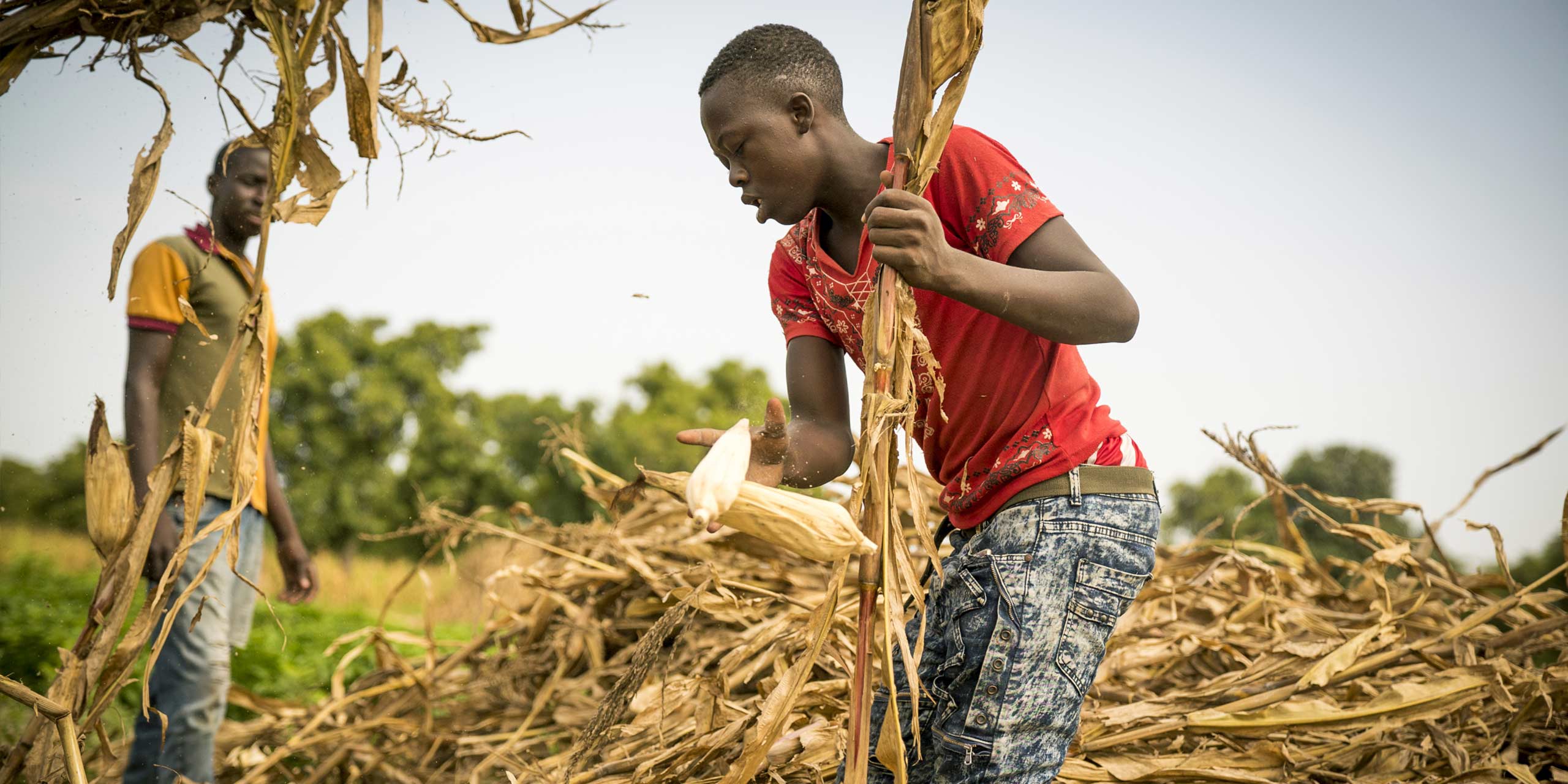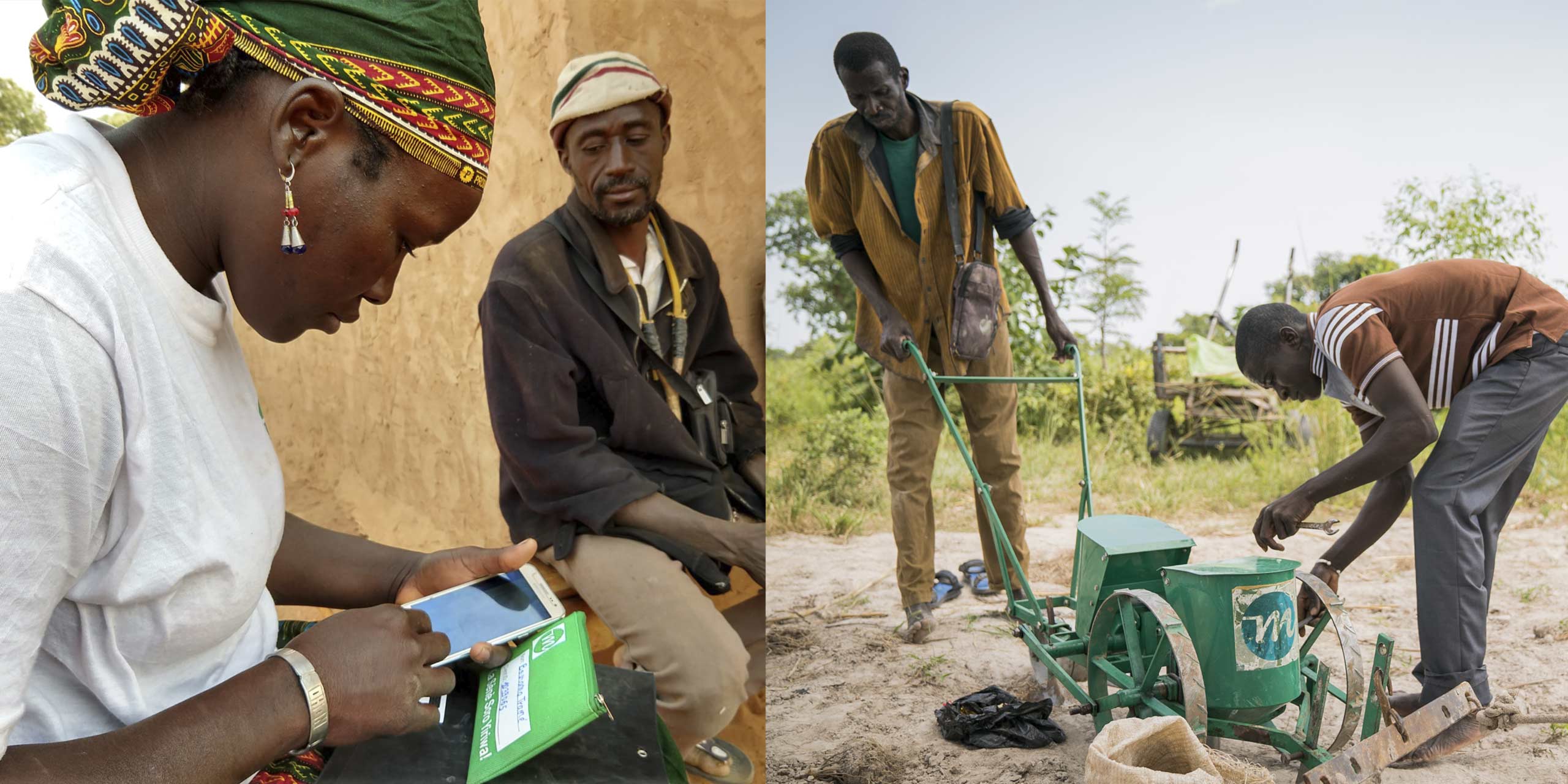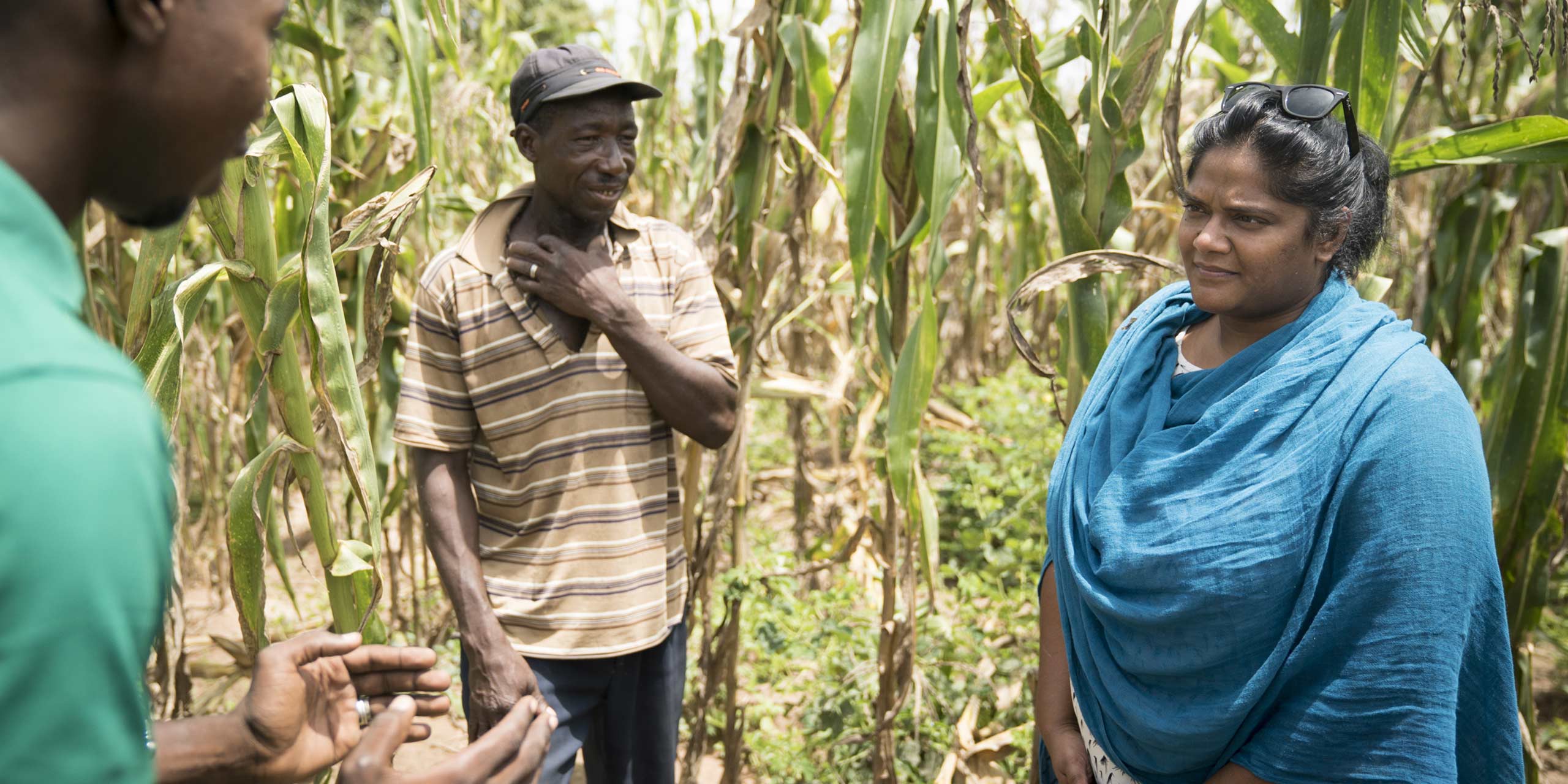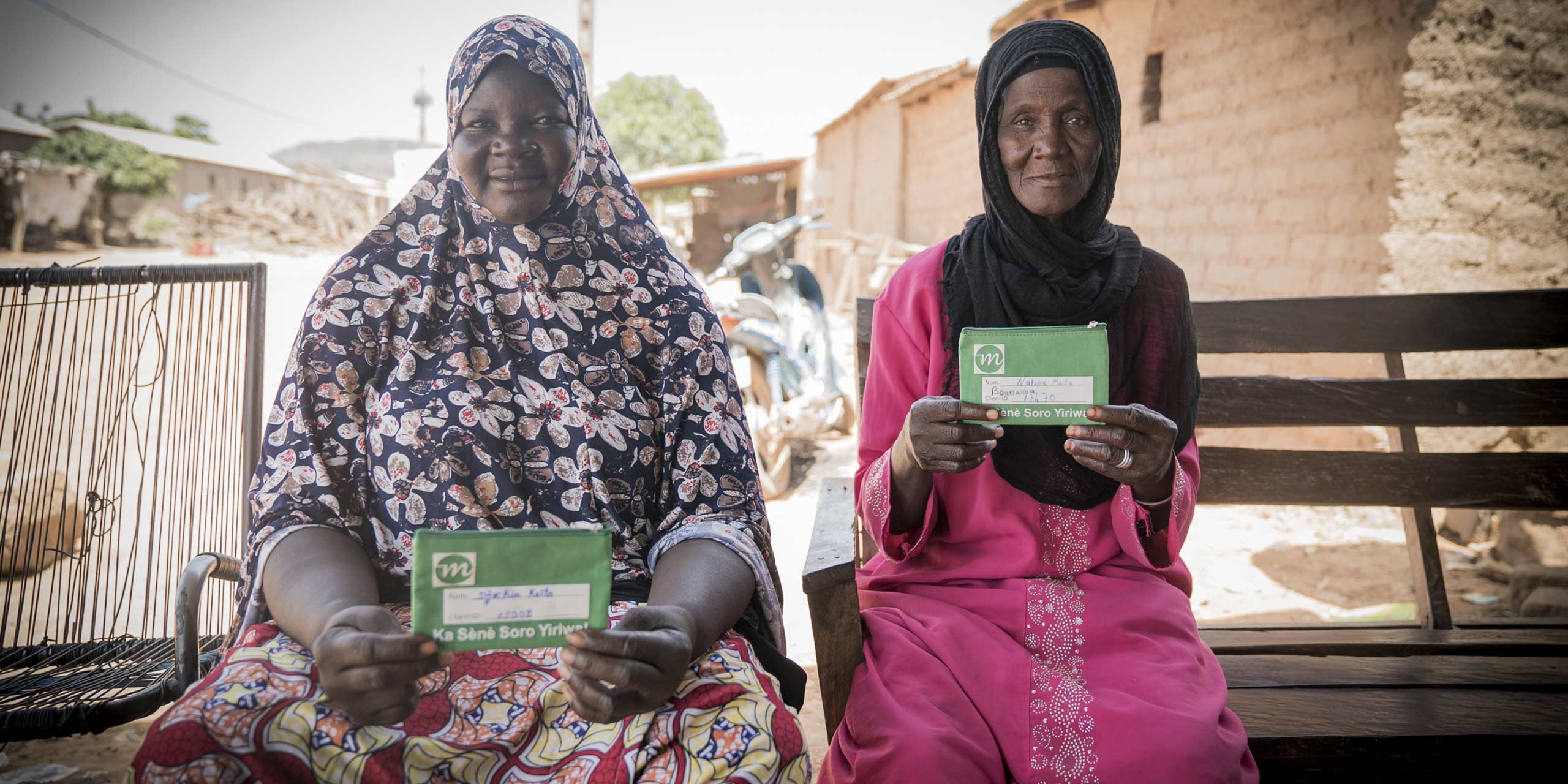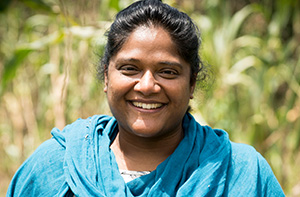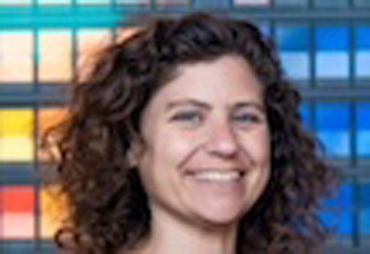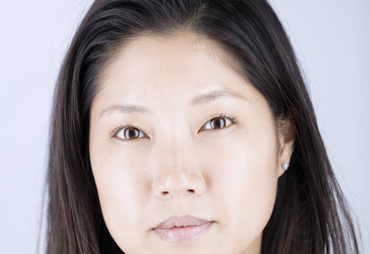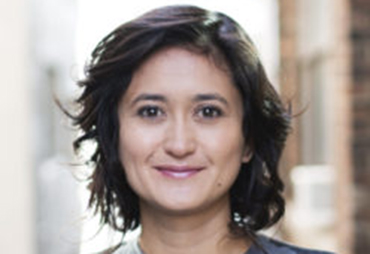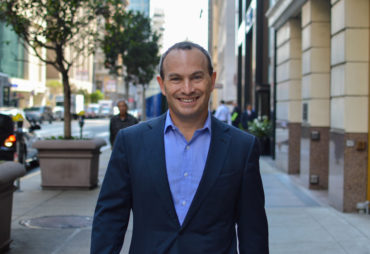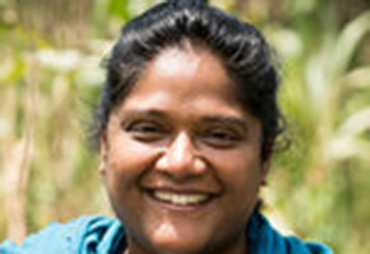70 percent of Africans make their living from agriculture, yet most smallholder farmers don't grow enough food to eat year-round, leaving them in an endless cycle of poverty. Substandard and expensive inputs—including seeds and fertilizer—in a limited supply chain and distribution network only exacerbate the problem. Microfinance, government-subsidized fertilizer, and agriculture extension efforts fail to reach 93 percent of smallholders. Financial tools are not designed to help them save money, and public support largely falls short. myAgro has pioneered a new bank-less savings model that enables farmers to invest their own funds in high-quality seed, fertilizer, tools, and training to significantly increase their harvests and income. Using a prepaid scratch card model—similar to buying prepaid mobile minutes—farmers can pay in advance for seeds, fertilizer, tools, and training. Farmers buy myAgro cards from a local Village Entrepreneur (commission-based sales person), depositing their money into a layaway account by texting the scratch-off code. After a few months of laying away funds, myAgro delivers the fertilizer, seed, and training that the farmers have paid for in time for planting season. The program generates 50-100 percent increases in yields and an estimated 50 percent+ increase in farming income for smallholder farmers, 60 percent of which are women. Over the past six years myAgro has proven the power of its approach in Mali, Senegal, and Tanzania.
